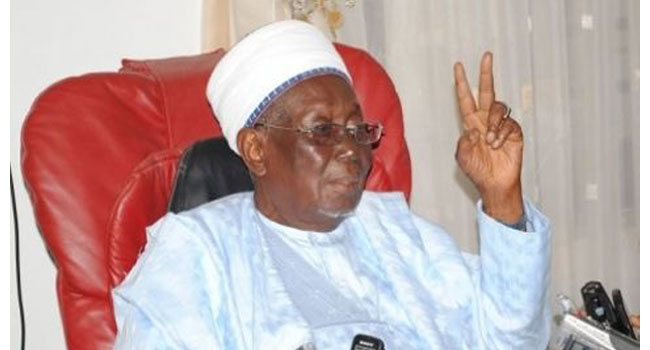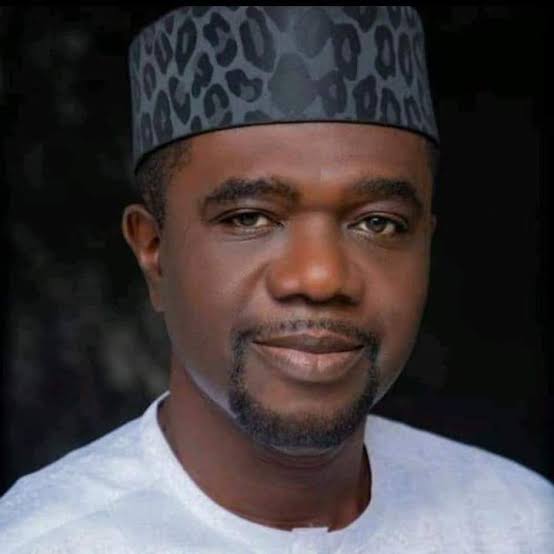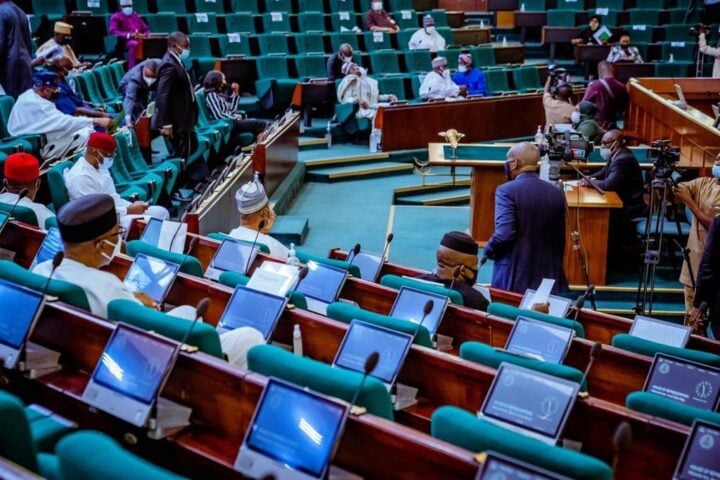BY AWAAL GATA
In 1965, when the then Prince Ibrahim Dasuki was being awarded the Commander of the Order of the Niger (CON), his breathtaking citation said that the prestigious national honour was “in recognition of his services to Northern Nigeria and for his tact, integrity and industry,” and that “he is renowned for his sympathetic consideration to others”. What sounded like the peak of a career was, for the accomplished public servant, the beginning of illustrious service to the nation. The moment showed that he had paid his dues, having risen to become a globally-acclaimed leader in holding various strategic positions in both colonial and post-colonial civil service in Northern Nigeria.
It’s been six years since Dasuki’s passing, enough time for us to reflect on his legacy and service to the nation objectively. Whether as a public servant or a community leader, Dasuki’s leadership was guided by an acknowledged passion to make a difference and leave the world better than he found it. He was an excellent student that went as far as Oxford University to develop himself and prepare him for a busy life as a technocrat. He would also be fondly remembered as that dutiful private secretary of the late Premier of Northern Nigeria, Sir Ahmadu Bello, in what’s considered the golden period of public service in the region.
It was, of course, Dasuki’s application of intellect to solve critical national problems in his later years that would earn him accolades and recognition by distinguished organisations and organisations within and outside the country. He was awarded honorary doctoral degrees by the Federal University of Technology, Minna, and the University of Abuja for his administrative and intellectual impact and contributions to national development. His track record, therefore, made his selection for the award of accomplished pioneer public servant by presidential committee on Nigeria’s Centenary Celebrations a worthy honour. His legacy was pronounced in every phase of Nigeria’s pursuit of growth ever since he joined the colonial civil service.
Advertisement
Dasuki’s formal education, after years of Qur’anic studies, began at Dogondaji Elementary School in 1931, before proceeding to Sokoto Middle School. At Kaduna College, which is now known as Barewa College, he stood out as he had in his previous schools—in the words of his contemporaries like Shehu Shagari—and demonstrated peerless capability to deliver as a civil servant. He began as a clerk in the treasury office of the Sokoto Native Authority and then joined Gaskiya Corporation, the publisher of the influential Hausa newspaper—Gaskiya Ta Fi Kwabo.
When Dasuki left for Oxford University in 1955 for a one-year Devonshire Course at Queen’s College, he returned prepared for more responsibilities in the government. The programme exposed him to the global practices in public administration, and more polished to guide the evolving public service towards a productive course. He was posted to Pankshin Division in the Plateau Province as Assistant Divisional Officer (ADO), and then appointed as the Deputy Secretary of the Northern Nigerian Executive Council in 1957.
As a diplomat, Dasuki worked at the Nigerian Embassy in Sudan, a return to an earlier career path he established when he was posted to Saudi Arabia to serve as Pilgrim’s Officer. He was known for his diplomatic interventions to protect the interests of Nigerians in and around the holy land, some of whom had run into troubles with the authorities there and ended up in jail. He rose through the ranks to become Permanent Secretary of the Northern Nigerian Ministry for Local Government before he retired.
Advertisement
Dasuki‘s retirement from the regional civil service in 1968 kickstarted his venturing into serving the public even more while pursuing his private enterprises and interests. He would be remembered for his role as the chairman of the Nigerian Railway Corporation (NRC) from 1969. His wisdom in creating district offices in four locations—Zaria, Bauchi, Ibadan and Enugu—instead of the over-concentration of administrative functions in Lagos was revolutionary.
Northern Nigeria’s commodity export market was revolutionised by Dasuki when he served as the chairman of the Northern Nigeria Marketing Board. His reforms brought about price stability and regulated operations of buying agents and acquisitions of export commodities in the Northern region. In all the positions Dasuki occupied, his first objective was to establish the means to achieve and sustain efficiency. This inspired the recommendations of the 1976 Dasuki local government reform, which were not adopted by the government. Nigeria’s local government system is still paying for the government’s refusal to heed Dasuki’s advice.
It’s interesting that even in 2020, about four years after Dasuki’s passing, he was remembered for the solution he devised for our political administrators. His Royal Highness Maigari of Lokoja, Muhammed Makarfi II, reminded the nation to revisit and implement the 1976 Dasuki local government reform, arguing that it’s the most practical “solution to the barrage of problems facing the third tier of government.”
These antecedents were why Dasuki’s emergence as the 14th Sultan of Sokoto was seen as a progressive cause, and he didn’t disappoint in acknowledging our realities. To drive inter-faith relations in our volatile space, he established the Peaceful Coexistence Committee (PCC) to tackle the cycle of religious clashes and communal disturbances across the country. He played this role as the front-line guardian of Islam and demonstrated that Islam is a religion of peace and that it accommodates other faiths.
Advertisement
Some of Dasuki’s greatest contributions to Islam in Nigeria were the establishment of institutions that still serve as the umbrella for Muslims and against the mischief of charlatans. He invested his vast resources in the founding of Jama’atu Nasril Islam (JNI) and the Nigerian Supreme Council for Islamic Affairs (NSCIA). These organisations serve as the vanguards of Islam in Nigeria to date and bear bold memories of Dasuki‘s self-sacrificing commitments to noble causes.
Dasuki died at age 92 on November 14, 2016. It’s even more memorable that he died on the anniversary of his turbaning as the Sultan of Sokoto. Perhaps, this was to make those behind his deposition as Sultan reflect on the injustice that instigated the action. He’s long been vindicated by history. His participation in Nigeria’s story from its creation until his demise deserves to be immortalised by the country in and outside his home state.
His enduring legacy would always be around to remind us of the debt we owe him, including his haunting words during the politics that characterized his emergence as Sultan in 1988: “It is my firm belief that Allah can make you a ruler at the time He wants you to be, and remove you at the time He wants,” he said in reacting to the antagonism of those aspiring to be Sultan, and then added, “I am extending my hand of brotherhood to all those who aspired to the Sultan position.” This will always remind us of the impermanence of everything. May Allah repose his soul.
Awaal Gata, a media practitioner and public affairs analyst, writes from Abuja.
Advertisement
Views expressed by contributors are strictly personal and not of TheCable.






